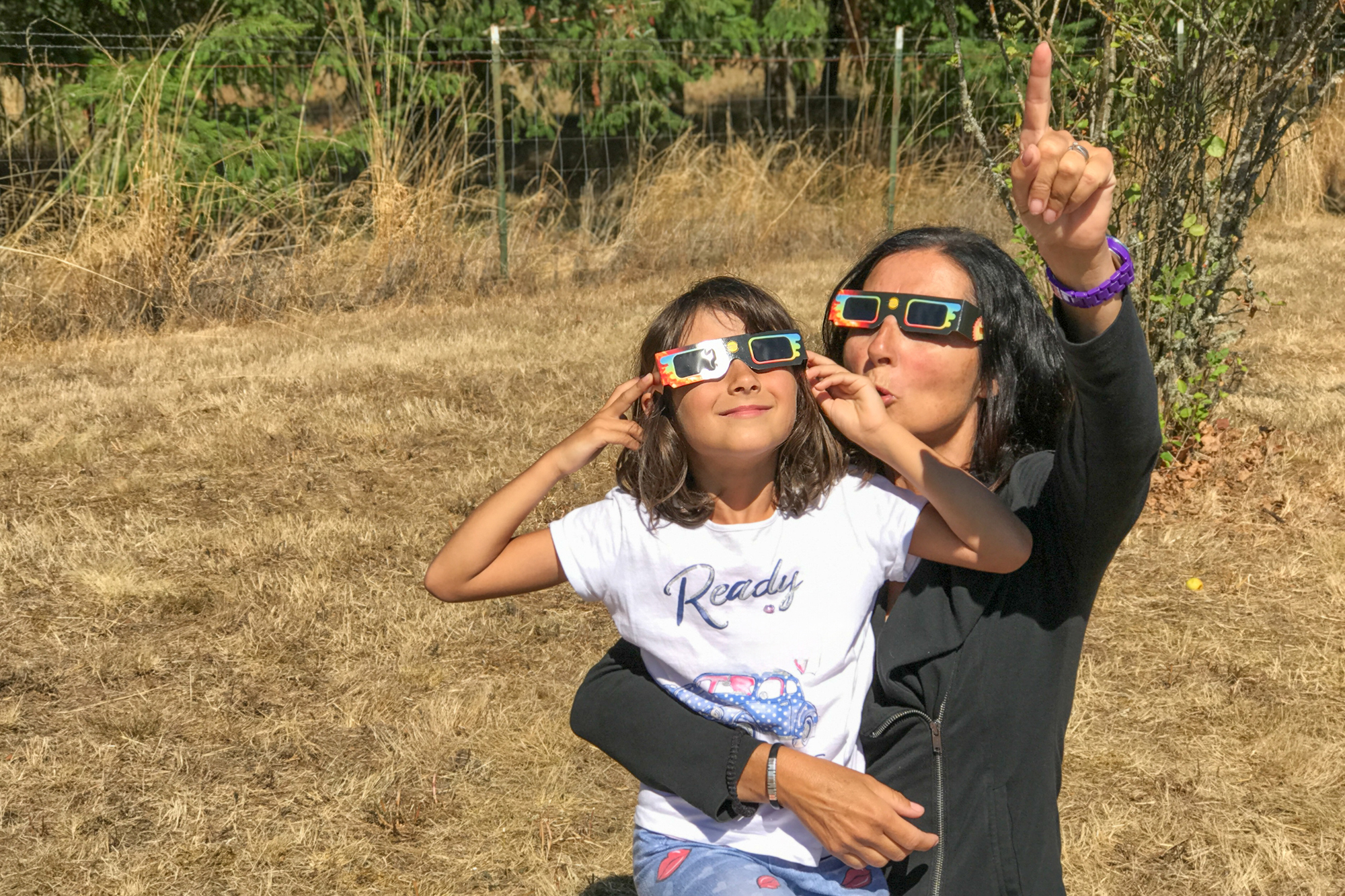How to Get a Little More Awe in Your Life

On April 8, 2024, the moon passed between the sun and the earth. For many in the middle of the country, it was a total eclipse of the sun. Day became night for about 4 minutes. Millions of Americans donned special sunglasses and stared into the sky in an almost trance-like state. There were “oohs” and “ahs” like you might hear at a fireworks show. Some tried to minimize the significance of the event by marking themselves safe from the eclipse on social media sites. But for most, it evoked an emotion that can only be described as awe.
Awe is a powerful but elusive emotion. We have all felt it but may have difficulty describing it in words. Dacher Keltner, psychologist and author of the book Awe: A New Science of Everyday Wonder and How it Can Transform Your Life, defines awe as “the feeling of being in the presence of something vast that transcends your understanding of the world.” But even Keltner admits that awe can come from witnessing the simplest acts of kindness. It can often be confused with joy. Keltner insists that awe is its own emotional state. Studies show that, when we experience awe, we show a different facial expression and make different sounds than with other emotions.
Keltner points out that experiencing the emotion of awe can improve a person’s well-being by deactivating our default mode network and activating the vagal nerves. When this happens, it quiets negative self-talk, relieves digestion, slows heart rate, and deepens breathing. Keltner also explains that, when we feel awe, there is a release of oxytocin. Oxytocin has been called the love hormone because it promotes trust and bonding.
Keltner isn’t the only person touting the benefits of awe. Noted mindfulness practitioner, Sharon Salzberg, is also promoting its usefulness. Salzberg defines awe as the “absence of self-preoccupation.” This makes sense. Think about the last time you experienced awe. You probably were not thinking about yourself at all.
So, do you want to experience awe more often? Keltner suggests that we can develop the ability to feel a sense of awe more frequently. He suggests that we need to be present and pay attention to what is right in front of us. He believes that this simple but intentional act of paying attention and being present will lead to more experiences of awe. Keltner also recommends focusing more on the goodness of others. When you notice someone doing something good or kind, this can evoke awe. Finally, you can increase your awe factor by trying new things and experiences. By gravitating toward the unexpected, you increase the odds for feeling a sense of awe.
You don’t have to wait until the next solar eclipse on August 22, 2044, to feel the same sense of awe you felt on April 8. Awe is right outside your door if you will only pay attention and be present to notice it.




